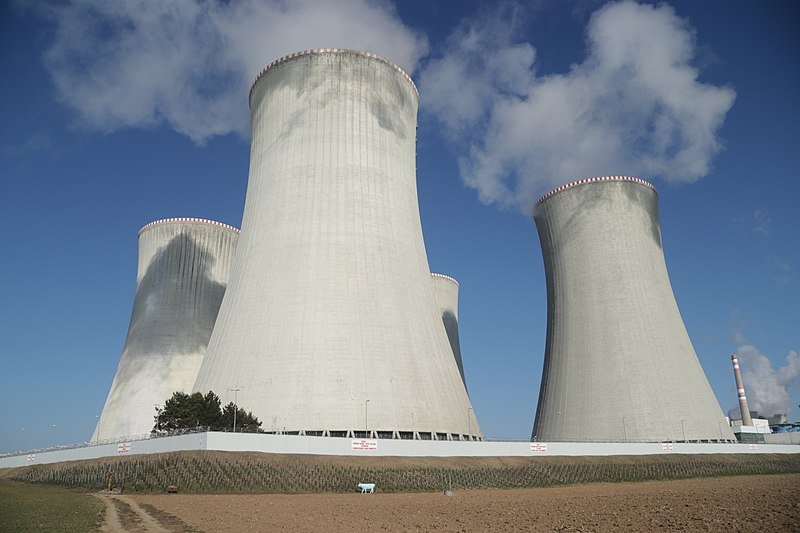July 12 NEC Energy News
¶ “Catholic Groups Oppose EU Vote To Designate Gas And Nuclear Energy As ‘Green'” • Catholic organizations in Europe denounced a move by European Union lawmakers to designate gas and nuclear energy as “green” options for sustainable investing as part of the 27-nation bloc’s efforts to combat climate change. [National Catholic Reporter]

¶ “High-Tech Hard Sails Transform Old Cargo Ships Into Racing Yachts” • Wind power is making a comeback on the high seas, and the global shipping industry beginning to be down for it. Rigid sails for cargo ships are still in the tryout phase, but that could change as Russia continues to pinch the global fuel supply and climate goals kick in. [CleanTechnica]
¶ “India Will Overtake China In 2023, Says The UN” • India is set to be the world’s most populous country next year, overtaking China with its 1.4 billion people, according to UN figures. By this November, the planet will be home to 8 billion. But population growth is now at its slowest rate since 1950 and may peak by the 2080s, at about 10.4 billion. [BBC]
¶ “Extreme Temperatures Will Challenge The Texas Power Grid This Week” • Summer is always hot in Texas, but this is hotter than hot – it’s a record-breaking, sizzling hot, sweaty summer. The high temperature in Dallas has topped 100°F every day since July 3, and the heat is continuing. The electric grid is being challenged. [CNN]

¶ “Australia ‘On Track’ To Generate Half Its Electricity From Renewable Sources By 2025, Report Finds” • Australia is on track to meet half its electricity needs from renewable sources within three years, according to a report from the Australian Academy of Technological Sciences and Engineering. The changes are coming at an extraordinary pace. [ABC]
¶ “Ford Tells 200,000 SUV Owners To Park Outside” • Ford is telling owners of some of its most popular, current, fossil-fuel-powered SUVs to park their vehicles outside after a series of engine fires that took place even when the ignition switches were off. It is one of two recalls for internal combustion engine fires, totaling 206,000 cars. [CleanTechnica]
For more news, please visit geoharvey – Daily News about Energy and Climate Change.
